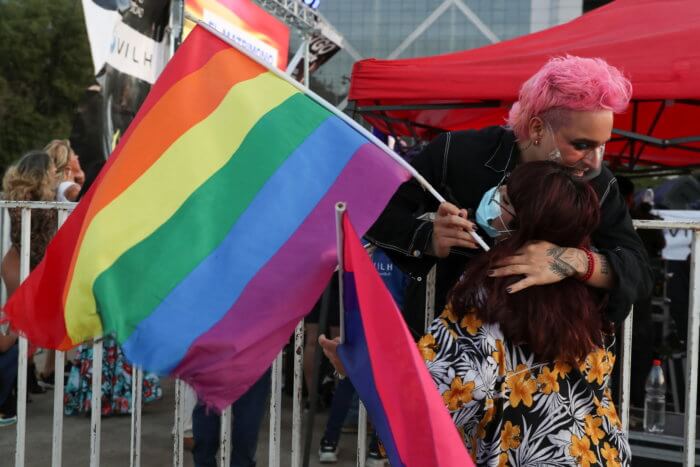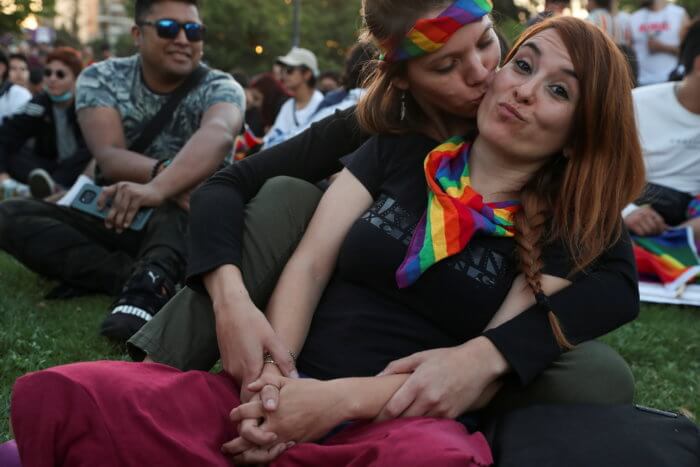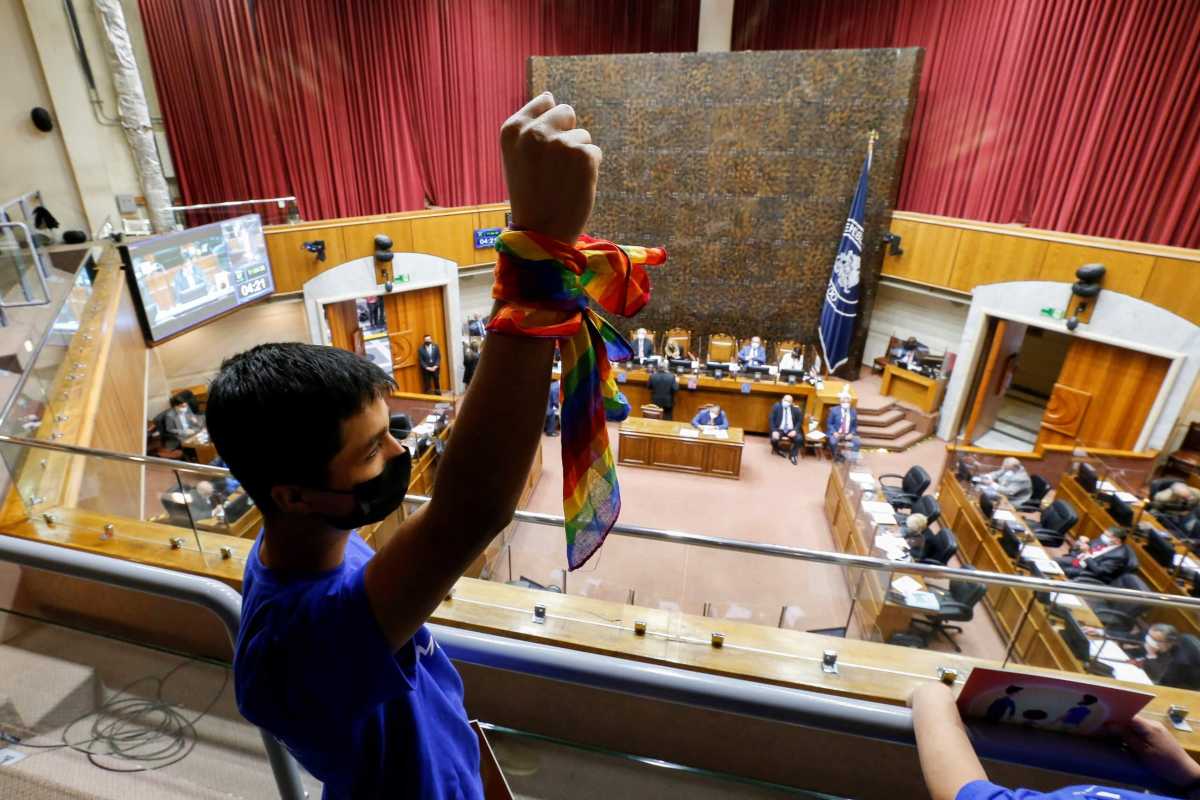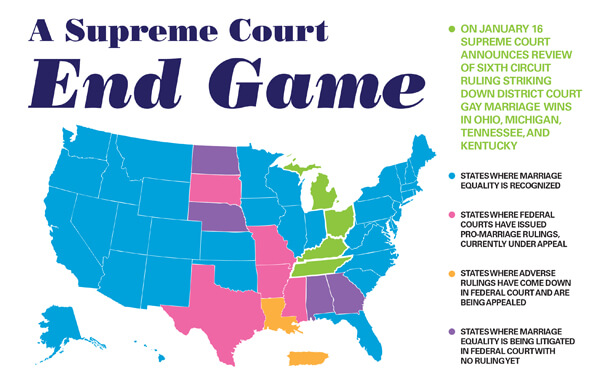Lawmakers in Chile overwhelmingly voted to approve a marriage equality bill on December 7, capping off a four-year political standoff and ushering in a new era for the LGBTQ community in the South American nation.
The legislation passed both houses of Congress and President Sebastián Piñera has vowed to sign the measure into law. Piñera opted to support the bill after previously opposing it, paving the way for legislation that had stalled for years after former President Michelle Bachelet first introduced it in 2017.
The measure gives LGBTQ couples the right to have children through adoption or assisted reproduction and removes a requirement that transgender or non-binary people must divorce in order for the government to recognize their gender identity or legal name changes. The law is a major step up from an existing law that gave couples the right to enter civil unions, but lacked the parenting rights or updates for transgender individuals.

In the Senate, 21 lawmakers approved it, eight rejected it, and three abstained. The bill passed the lower house 82-20, with two lawmakers abstaining.
Videos posted on social media December 7 showed people celebrating in Santiago. An LGBTQ organization known as Movilh Chile, or the Homosexual Integration and Liberation Movement, hosted a rally featuring a crowd of attendees, many with Rainbow Flags in hand.
“Happiness on so many faces,” noted a translated tweet posted by Movilh Chile. “People’s lives change for the better when we stop being second-class to the laws. Nice Chile, that’s the way you like it.”

The bill’s passage also comes at a pivotal time in Chilean politics. On December 19, a former student activist, Gabriel Boric, will face right-wing populist José Antonio Kast in a runoff after neither candidate received enough votes in the initial tally last month. Kast, who is opposed to same-sex marriage but has said he would sign the bill anyway, had the most votes in the first election. Piñera will remain in office until March.
Chile will become the 31st country in the world and the latest in the region to establish marriage equality. Argentina, Brazil, Colombia, Ecuador, and Uruguay allow for same-sex marriage, while Mexico has marriage rights in certain parts of the country.


































